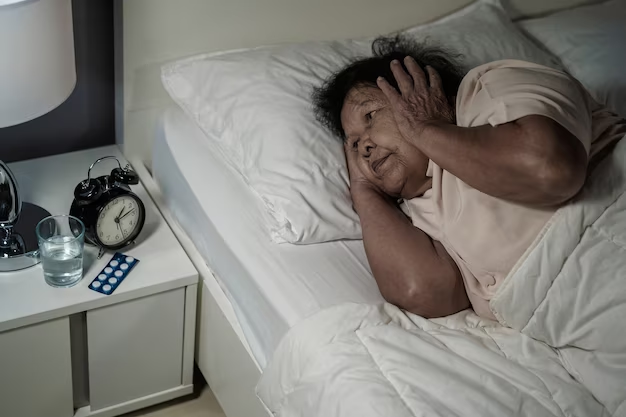Insomnia, characterized by difficulty falling asleep, staying asleep, or experiencing non-restorative sleep, is a prevalent sleep disorder affecting a significant portion of the South African population. With the demands of modern life, stress, and lifestyle factors, insomnia can have a profound impact on one’s quality of life and overall well-being. However, there are various strategies and treatments available to manage insomnia effectively. In this article, we will explore strategies and treatments for managing insomnia in South Africa, empowering individuals to regain restful and rejuvenating sleep.
- Sleep Hygiene:
Establishing healthy sleep habits and a conducive sleep environment is the foundation for managing insomnia. Consider the following sleep hygiene practices:
- Maintain a consistent sleep schedule, waking up and going to bed at the same time every day.
- Create a relaxing bedtime routine to signal to your body that it’s time to sleep. This can include activities such as reading a book, taking a warm bath, or practicing relaxation techniques.
- Ensure your bedroom is cool, dark, quiet, and comfortable, optimizing the sleep environment.
- Limit exposure to electronic devices, especially before bed, as the blue light emitted can disrupt the natural sleep-wake cycle.
- Cognitive Behavioral Therapy for Insomnia (CBT-I):
CBT-I is a proven therapeutic approach for managing insomnia. It focuses on addressing thoughts, behaviors, and emotions that contribute to sleep difficulties. CBT-I techniques commonly used include:
- Stimulus control therapy: Establishing a strong association between the bedroom and sleep by avoiding stimulating activities in bed and reserving the bed for sleep and intimacy only.
- Sleep restriction therapy: Gradually adjusting the time spent in bed to match the actual sleep duration, promoting more efficient sleep.
- Relaxation techniques: Practicing relaxation exercises, such as deep breathing, progressive muscle relaxation, or meditation, to reduce anxiety and promote sleep.
- Lifestyle Modifications:
Certain lifestyle changes can have a positive impact on sleep quality and manage insomnia:
- Regular exercise: Engaging in moderate-intensity exercise during the day can promote better sleep at night. However, it is advisable to avoid vigorous exercise close to bedtime, as it may increase alertness.
- Stress management: Implement stress-reduction techniques such as mindfulness, yoga, or engaging in hobbies to manage stress levels, as high stress can contribute to insomnia.
- Limit stimulants: Avoid or limit the consumption of caffeine, nicotine, and alcohol, especially in the evening, as they can interfere with sleep.
- Medical Treatments:
In some cases, medical interventions may be necessary to manage insomnia. It is important to consult a healthcare professional for an accurate diagnosis and appropriate treatment options. Medical treatments may include:
- Prescription medications: Sleep medications, such as sedatives or hypnotics, can be prescribed for short-term use to help initiate and maintain sleep. However, they should be used under medical supervision due to potential side effects and dependency risks.
- Herbal remedies: Certain herbal supplements, such as valerian root or chamomile, may provide mild sleep-inducing effects. Consult a healthcare professional before incorporating any herbal remedies.
- Alternative therapies: Acupuncture, aromatherapy, and light therapy are among the alternative treatments that some individuals find helpful in managing insomnia. Their efficacy may vary, and it’s essential to consult professionals trained in these therapies.
Managing insomnia is crucial for promoting overall health and well-being in South Africa. By implementing sleep hygiene practices, exploring cognitive-behavioral techniques, making lifestyle modifications, and, if necessary, seeking medical guidance, individuals can take control of their sleep and improve their quality of life. Remember, each person’s experience with insomnia is unique, and finding the most effective management strategies may require some trial and error. With persistence and support, a restful and rejuvenating sleep is within reach for individuals in South Africa struggling with insomnia.










